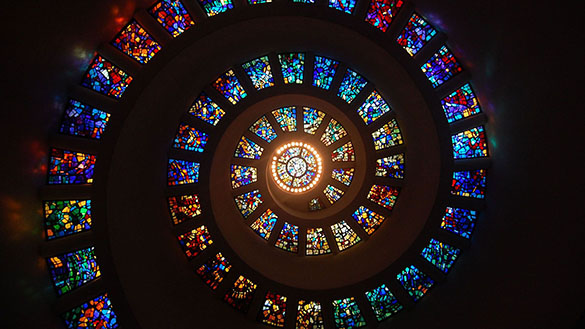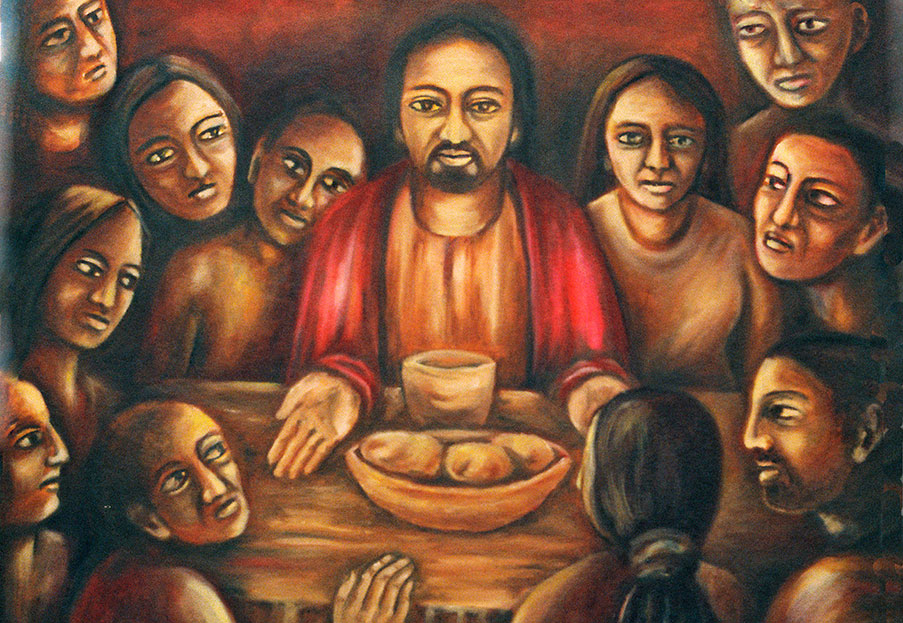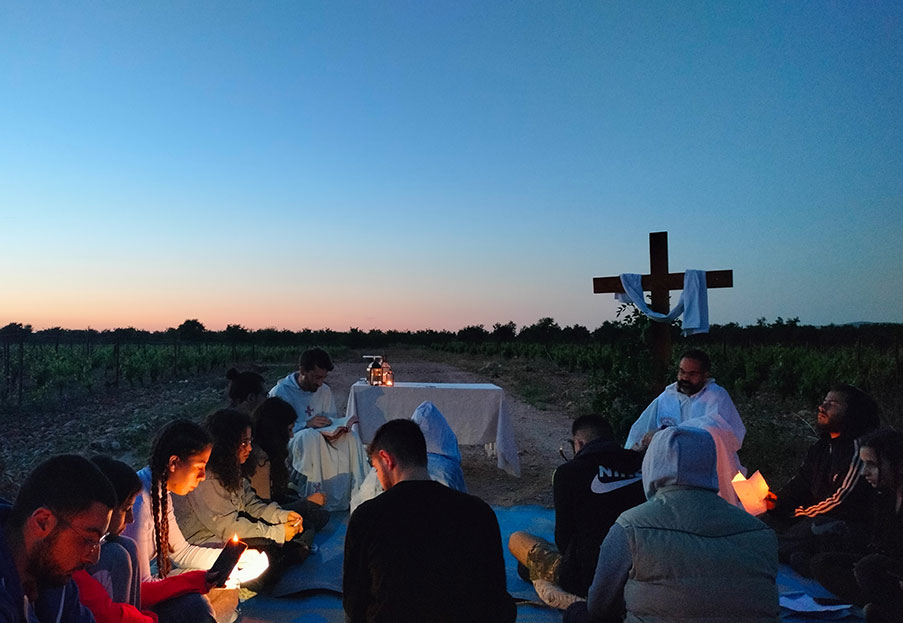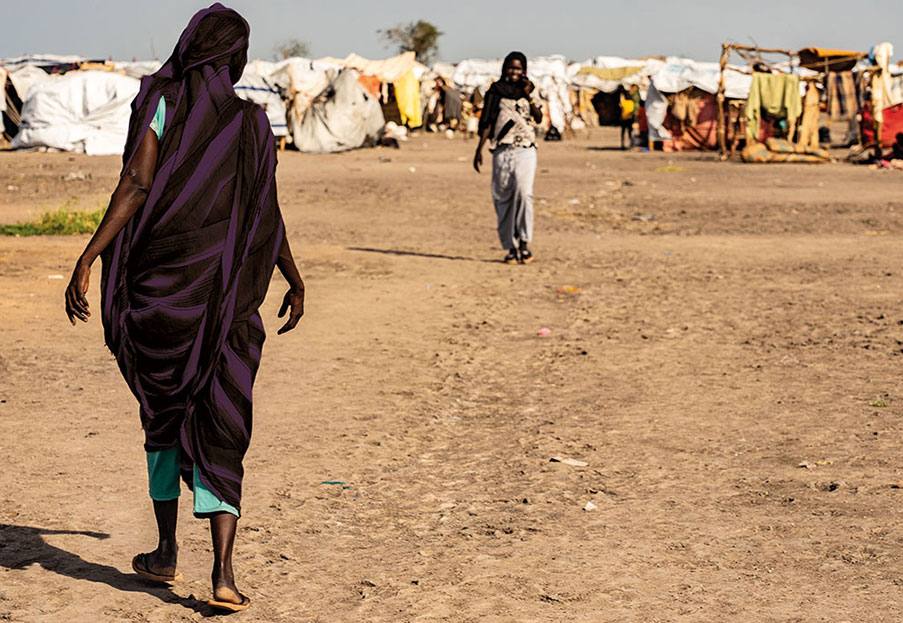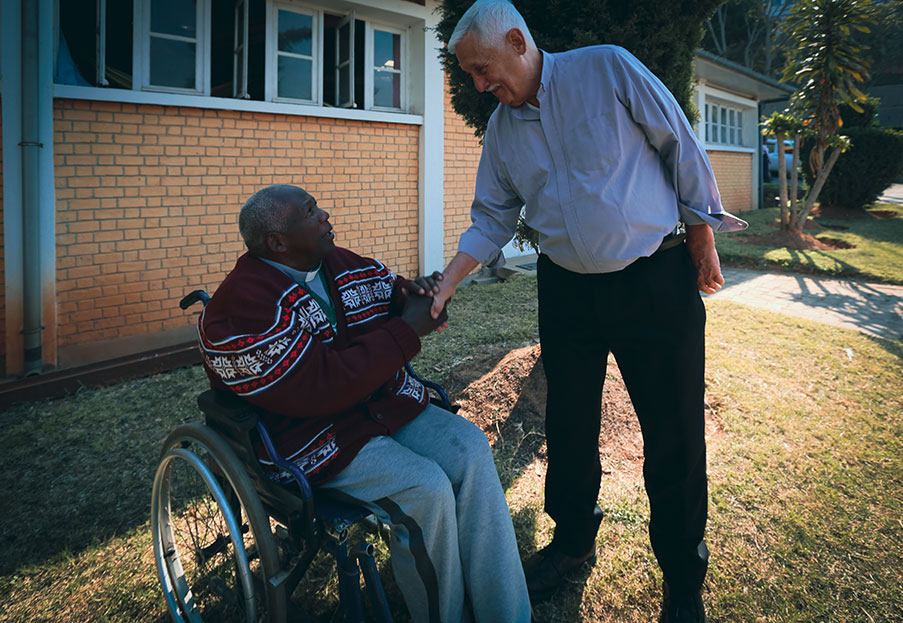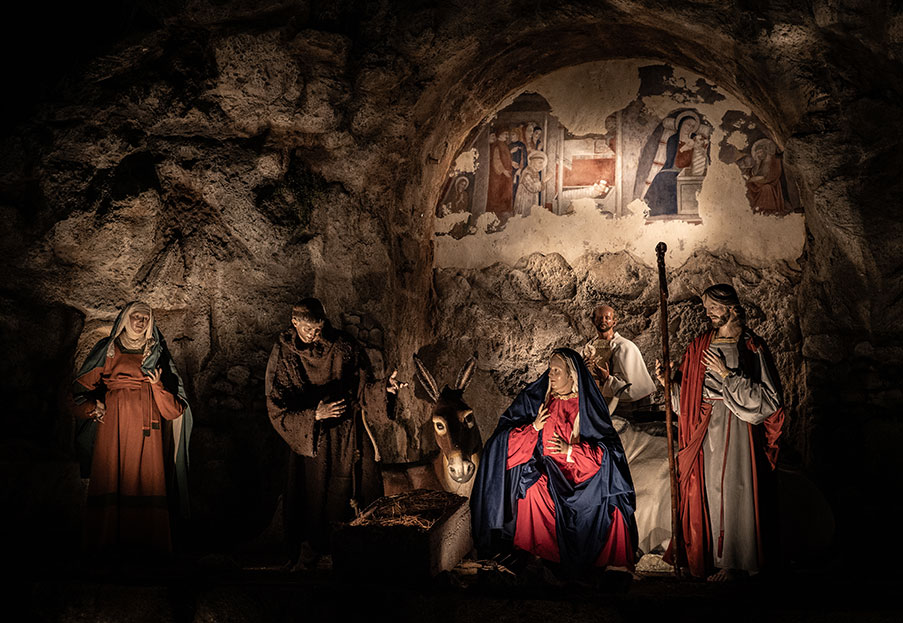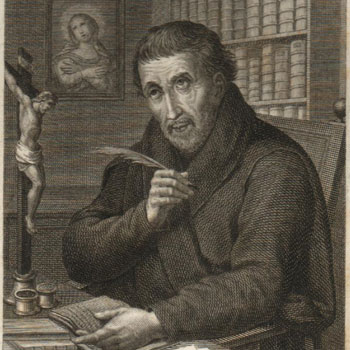Praying with the Preferences during Advent
Advent & the Universal Apostolic Preferences (UAPs)
With Advent we mark the beginning of the Church’s liturgical year. Advent is a season of waiting with hopeful expectation. Although we naturally look towards Christmas and the birth of Christ, the liturgy also invites us to see with the eyes of faith to the end of time, to Christ’s expected Parousia.
Advent locates us at a number of different levels.
- It draws us into the mystery of God who acts in history but is not bound by it. We are invited to contemplate God whose promises are embedded within our time and history, shaping it and slowly bringing it to fulfilment in unexpected ways and through the least expected people. In Advent we encounter God who never ceases to surprise us.
- The liturgy of Advent is a school in which we learn to listen and to wait with expectation and with hope.
- Through that contemplative listening to scripture our imagination is enlarged: we can see how God does not abandon us or our world but continues with inexhaustible patience to call us to the new life of the kingdom.
- In the season of Advent, we grow. Our hearts are enlarged to embrace the suffering of the world in God’s love. In such a love, we do not get trapped in despair and powerlessness because we know we have a Saviour, ‘Emmanuel’.
- Advent is the time of opening ourselves to the risk of hope, and the power that it gives us to see new possibilities, to be renewed, to let the life that the Holy Spirit who has been breathed into us become our life. The Lord has come, now in our time, and for all time.
In the Contemplation on the Incarnation, Ignatius invites us to look upon the whole world in all its times, places, people and circumstances (Sp. Exx. § 101 ff). We are asked to see this world as God sees, knows and loves it, with all its beauty and its painful truth, “all the nations in great blindness going down to death and to hell.” Here, we come to the depth of God’s loving mercy. God comes to us in our misery and need, in truth and in love, ‘the second person should become man to save the human race.’
The contemplation invites us to attend also to the response of one, small, unseen young woman in Nazareth. She is our teacher and guide in this Advent time. She is the one who can teach us how to listen deeply, contemplatively, and she is the one who can show us how to be open, to say our ‘fiat’, to the impossible thing that God does.
As we enter the season of Advent and live in its liturgy, we might ask her, the mother of the Lord, to pray with us and for us that we, too, might be filled with the grace of these ‘Advent dispositions’,
“I will ask for the grace that I desire. Here it will be to ask of our Lord the grace not to be deaf to his call, but prompt and diligent to accomplish his holy will.” (Sp. Exx. §92)
The UAPs are ways of contemplating our life as Jesuits in the world of ‘today’, and also in the world of ‘God’s today’ - the Kairos of the Kingdom among us. Our focus can be universal, or we can make it more local. The UAPs can give us ways into contemplating the mystery which Advent itself unfolds for us. They invite us to a ‘contemplative listening’. In each of the areas they direct us to we can hear and follow the Spirit who is calling to us. Often, too, we will come to recognise those who are already on the way before us; those who can lead us and teach us.
Among the graces of Advent is openness and humility. These give us the freedom to learn how we can best serve, ‘our Lord who has become man, for me.’ (Sp. Exx. §104)
Whether we take them for our personal prayer, shape them as themes for community prayer and liturgy, or develop them to share with our collaborators, we can use the time of Advent to attend to the invitation contained in each UAP. These are the graces or dispositions that we can ask for:
to show,
to walk,
to accompany,
to collaborate.
They indicate the habits of our heart as well as the means by which we wish to serve the Church and the world in all its needs.
Each UAP will open up its own world for us to contemplate. If, for example, it is 1st UAP, that might direct us to the needs in the Society’s life: what needs to be healed, what needs to be renewed? Or it could lead us into thanksgiving for all those who have been graced by the Spiritual Exercises. We might take the time to listen prayerfully to the deeper longings and needs of the world that does not know Christ or, for whatever reason, refuses to believe in Him. How might we be moved to respond to this world ‘to show the way to God?’
Here are some suggestions for praying with the UAPs during Advent.
- Take one UAP as the theme for each week in Advent.
- Following the pattern of the Spiritual Exercises, we might begin each prayer asking what grace we are seeking. It might be that the UAP itself suggest this. We could conclude each prayer with a colloquy.
- How ever we choose to pray and reflect on the UAPs through Advent, the main thing will be to let Advent illuminate the preferences and desire to hear more clearly and deeply the call of Christ.
